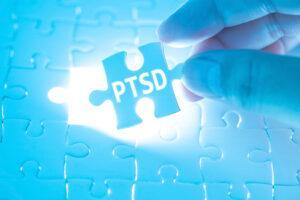
Police officers attend traumatic situations and scenes of crimes on a regular basis which may at times cause accumulative distress. On the most part traumatic exposures are handled well and looked upon as being part of the job which is why police are traditionally extremely resilient when it comes to distressing and stressful work environments.
There are times however where prolonged exposures or where incidents occur that reminds the officer of their own family or situation that may have a profound effect. This can also be combined with personal or family problems.
When a consistently low mood develops and feelings of hopelessness or overwhelm creep in along with feeling tearful, sad and disappointed for a period of at least 2 weeks it’s advisable to seek advice from your GP, call your state jurisdiction Employee Assistance Line or seek help via the State Jurisdiction Chaplaincy Service for counselling, advice and support.
To identify when depression may be an issue and it might be appropriate to seek further assistance the following list of symptoms and signs can be helpful to look out for:
- Feeling teary or crying more often
- Feelings of sadness or overwhelming grief
- Feeling overwhelmed or hopeless
- Feeling guilty, restless or angry
- Losing your confidence or finding it difficult to tackle or complete tasks
- Losing interest in exercise or normal activities that you usually enjoy
- Loss of appetite or eating for comfort
- Isolating and avoiding social events
- Drinking alcohol to excess
- Losing interest in sex or intimacy
- Feeling run down, nausea, aching muscles or headaches
- Difficulty sleeping or staying asleep
Link to further information about Depression – https://www.healthdirect.gov.au/depression#what

 Exit
Exit










